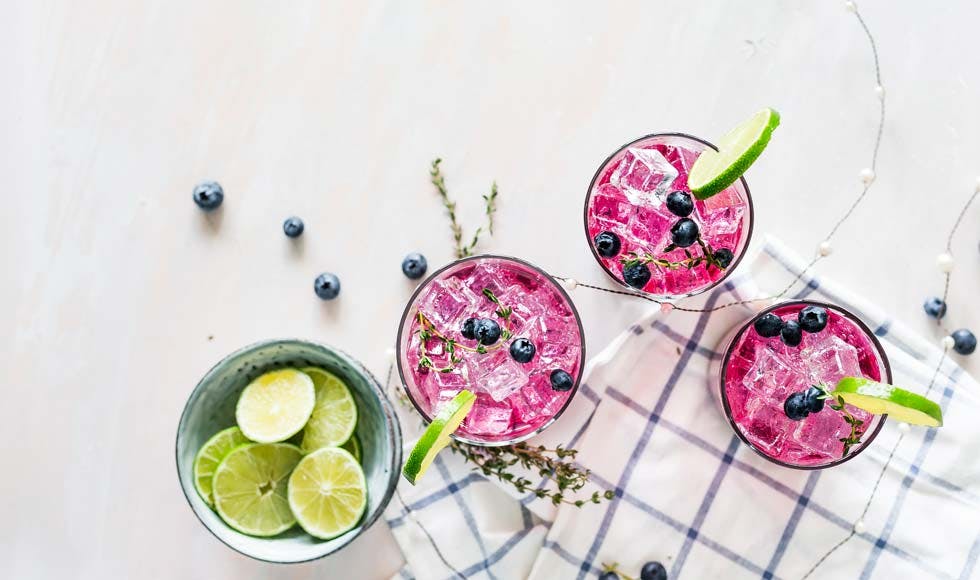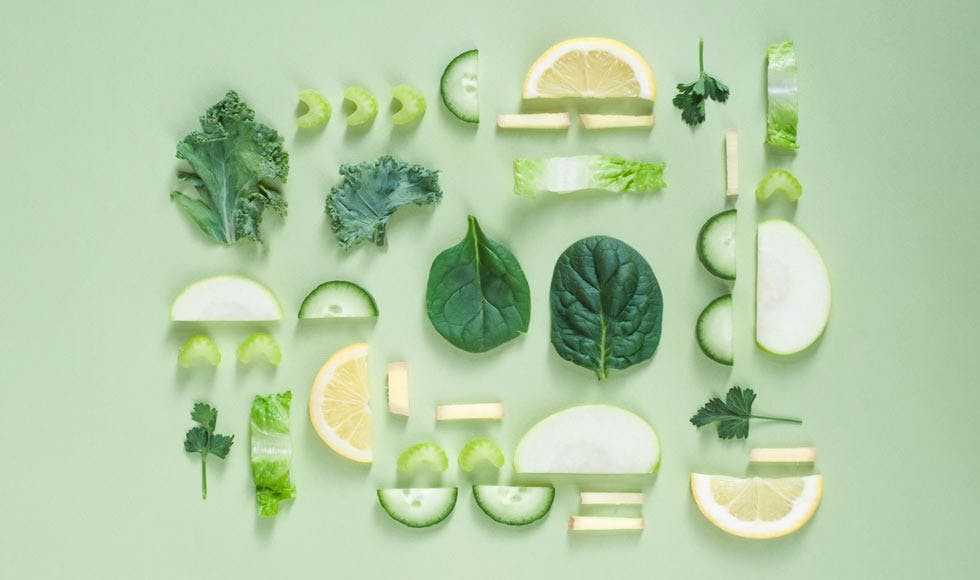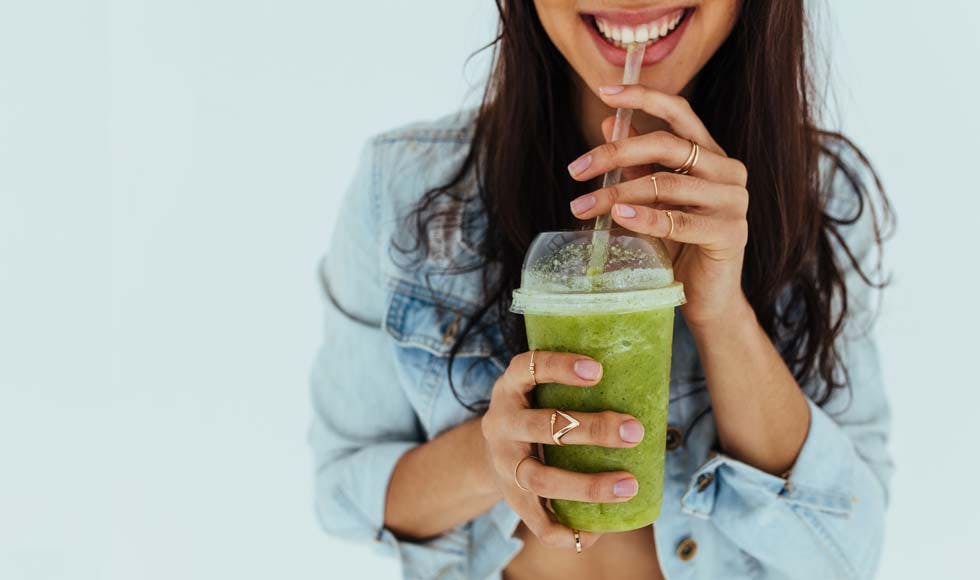
- Health hub/
- Tips & Advice on Improving your Digestive Health/
- Gastroenteritis - part 2

Unfortunately, gastroenteritis is a part of life. Most of us have experienced it to some degree at one time or another. The good news is that there are things that you can do to reduce the amount of time you need to spend in the bathroom!
We all know the adage 'prevention is better than cure', and fortunately, a lot of the causes of gastroenteritis are preventable.
One of the biggest defences that we have against gastroenteritis is good hygiene practices. The most important of these are hand washing, good food hygiene and clean water.
Hand washing
Washing hands correctly and adequately is simple. Use soap and make sure that you wash your palms, between your fingers, the back of your hands and your wrists vigorously for 20- 30 seconds. Washing hands is especially important after going to the toilet, handling raw animal products and being around or touching sick people.
Food safety
Good food hygiene is essential in preventing food poisoning. Luckily in Australia there are laws in place designed to ensure that food that you purchase is safe. After we bring it home from the shop, though, it is up to us to make sure it doesn't turn nasty.
Here are some simple tips to keep your food safe:
- Buy food from clean and reputable establishments.
- Check foods for spoilage, damaged containers or past use-by dates.
- Transport cold, frozen or hot foods in insulated containers to maintain their temperatures. Keep chilled foods cold at 5°C or colder and hot food hot at 60°C or hotter.
- Keep ready-to-eat foods separate from food that needs cooking (eg. raw meats)
- Be aware of the 'food temperature danger zone' which is between 5°C and 60°C. Keep high risk foods out of this temperature zone as long as possible (less than 2-4 hours in the danger zone is a good rule of thumb).
- Wash and dry hands thoroughly before, during and after food preparation.
- Use separate utensils and chopping boards for ready to eat foods and food needing to be cooked.
- Cook minced meats, poultry, fish and sausages thoroughly.
- When in doubt, throw it out.
High risk foods include:
- Meat
- Poultry
- Dairy Products
- Eggs
- Smallgoods, like salami and ham
- Seafood
- Cooked rice
- Cooked pasta
- Prepared salads, like coleslaws, pasta salads and rice salads
- Prepared fruit salads
Clean water
Luckily in Australia we have a largely uncontaminated water supply. Parasitic (and even bacterial) infection does still occur, though, so care needs to be taken to ensure the water that you are drinking is safe.
The good news is that relatively cheap and effective water filters are available and easy to use. Most remove chlorine, heavy metals and parasites. Simply filtering your water may go a long way towards preventing a gastrointestinal nightmare.
Natural remedies
Ensuring your digestive and immune systems are in good working order will offer an excellent defence against gastroenteritis. There are many natural remedies to help support these two important body systems. Probiotics (“good” bacteria) have the benefit of assisting both systems, and are definitely my first choice in prevention and treatment of gastroenteritis.
During an active episode, however, the most important consideration is hydration. As mentioned in part one, most causes of gastroenteritis promote fluid loss, so preventing dehydration is essential, especially in small children and the elderly. Oral rehydration products are generally the best way to replenish lost fluids, and should be used according to instructions to be most effective. Avoid fruit juices or other sugary drinks as they can actually increase fluid loss. Plain water is okay, but oral rehydration products are definitely the best.
If symptoms are ongoing or severe, or if a young child is affected, however, medical intervention may be required, so always check with your healthcare professional when in doubt.
References available on request




